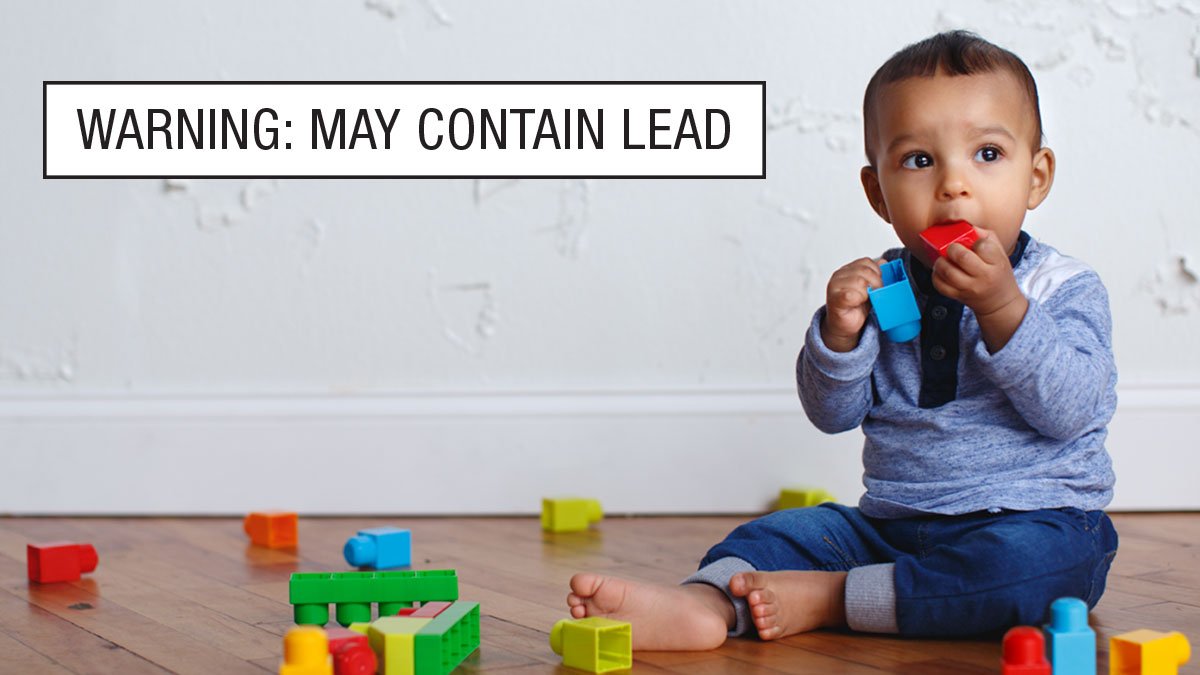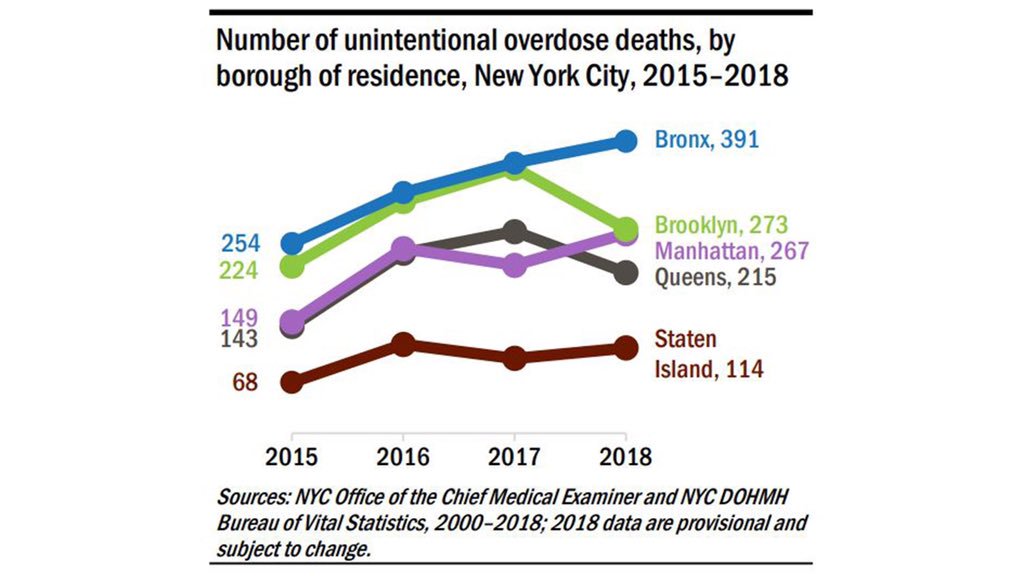NYC’s South Asian children and adults are especially at risk for lead poisoning. Poisonings in this community have been associated with the use of traditional consumer products, in addition to lead paint and occupational lead hazards: on.nyc.gov/2pI2kis #NLPPWchat #NLPPW2019
https://twitter.com/NCHH/status/1186728679553921024
Workers who work around lead, should speak with their doctor about getting a blood lead test. #NLPPWchat #NLPPW2019
Parents should be reminded that early identification – through blood lead testing – is key to finding out if a child was exposed to lead, because most children with lead exposure don’t look or feel sick: nyc.gov/leadfree. #NLPPWchat #NLPPW2019 

In New York, health care providers are required by law to test children at age 1 and age 2, and annually assess and test those at risk of lead poisoning starting at age 6 months up to 6 years. #NLPPWchat #NLPPW2019
We do culturally sensitive campaigns and outreach to raise awareness about the health risks of lead exposure, provide recommendations on how to reduce exposure, and encourage blood lead testing for children and people in at-risk communities: on.nyc.gov/lead #NLPPWchat 

• • •
Missing some Tweet in this thread? You can try to
force a refresh






